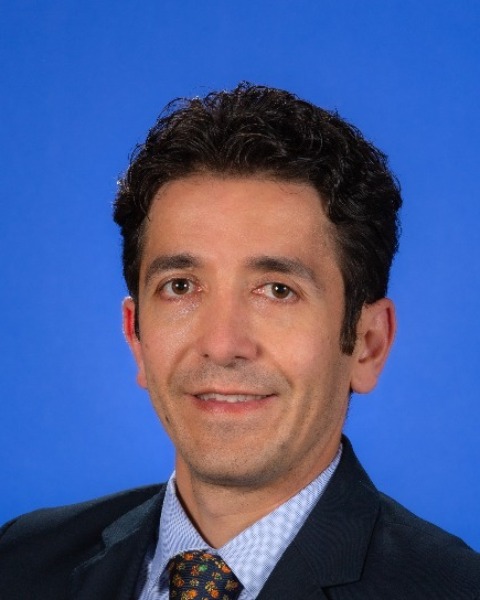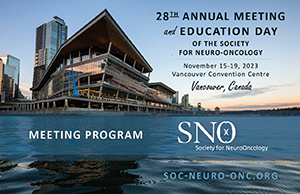
Orwa Aboud
University of California Davis
Sacramento, California, United States
I am Dr. Orwa Aboud, an Assistant Professor in the Departments of Neurology and Neurological Surgery, holding an appointment at the UC Davis Comprehensive Cancer Center.
Currently, I am honored to be a scholar in the UC Davis Paul Calabresi Clinical Oncology K12 Career Development program (2021-2024). During this time, I had the privilege of working closely with my mentor, Dr. Oliver Fiehn, the Director of the West Coast Metabolomics Center. Together, we conducted groundbreaking research, focusing on characterizing specific changes in plasma metabolomics in patients with glioblastoma during their treatment. This work has resulted in some remarkable findings.
My ultimate objective at UC Davis is to establish a robust neuro-oncology program with a primary focus on the development of innovative clinical trials for patients battling primary brain tumors. My research interests encompass several critical areas, including:
1- Cancer Metabolomics and Lipidomics: I am passionate about delving into the metabolic and lipidomic alterations in cancer, particularly in the context of brain tumors.
2- Translational Research Methodologies: I am committed to bridging the gap between laboratory discoveries and clinical applications, ensuring that scientific breakthroughs are effectively translated into medical advancements.
3- Clinical Trial Strategies: I am dedicated to pioneering new strategies for clinical trials, with a strong emphasis on enhancing the treatment options available to our patients.
4- Bioinformatics: I recognize the pivotal role of bioinformatics in today's research landscape and aim to harness its power to drive our understanding of complex medical conditions.
Beyond my research, my commitment extends to teaching and promoting evidence-based medicine in neuro-oncology. My aspiration is to shape the future of neuro-oncology within both academic and clinical settings. Through these initiatives, I strive to be a physician-scientist who contributes significantly to the research community and, most importantly, positively impacts the lives of the patients we serve.

